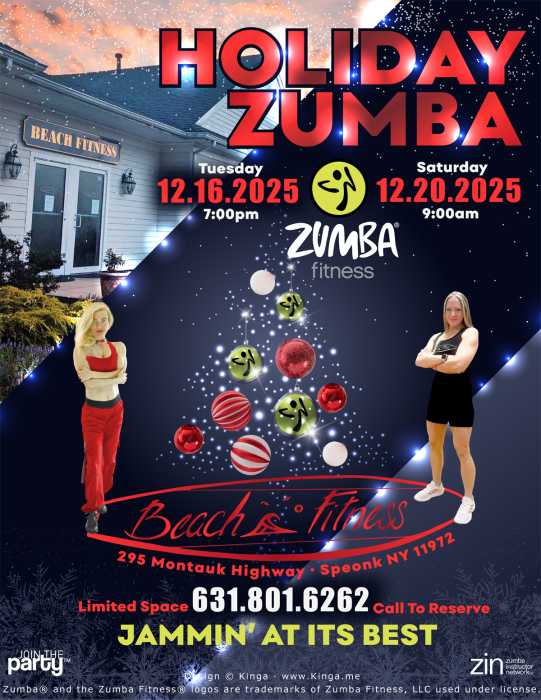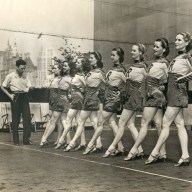We wish to extend Hanukkah greetings to our Jewish readers on the occasion of the holiday, which begins on sunset on Sunday, Dec. 6 and ends at sunset on Monday, Dec. 14. Known also as “The Festival of Lights,” Hanukkah might be considered a “minor” holiday in the Jewish calendar, but nonetheless marks an important celebration and commemoration. It reminds Jews, whether practicing or not, of one of the many occasions in which their ancestors faced dark times and overcome them.
A short history lesson: In the second century B.C. the lands of Israel were ruled by the Syrian-Greek Antiochus IV, who attempted to stamp out Jewish customs and traditions and secularize the oppressed people. He reportedly forbid the study of the Torah, the ritual of circumcision and the observance of the Sabbath. A rebellion led by Judas Maccabeus defeated the occupying armies and liberated the Temple in Jerusalem, which Antiochus had desecrated.
The “great miracle happened there” attached to the holiday was that the consecrated olive oil used to light the menorah was nearly finished. There was only enough for one day but it lasted for eight, until a new batch could be ritually prepared. This led to the institution of the eight-day holiday by Maccabeus, his brothers, and the religious leaders in 165 B.C. They mandated that it be celebrated with mirth and joy as a memorial of the dedication of the altar and the purification of the temple.
Oil is an essential ingredient for Hanukkah—with the traditional holiday foods cooked in it—and so is light. And not only in the traditional lighting of the menorah, but in symbolically illuminating and overcoming the darkness of the season with a reminder that Jews have survived countless pogroms and holocausts and oppressions.
Frank Rizzo

































